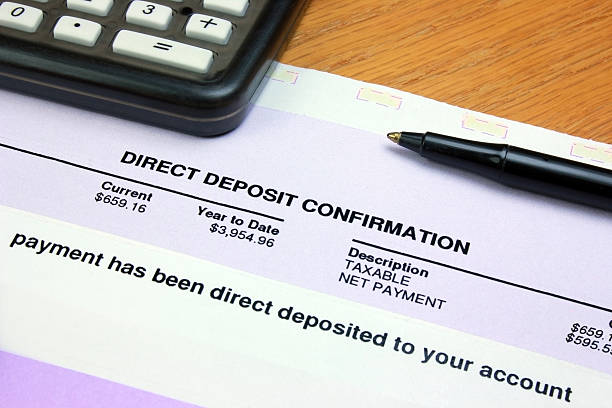You work hard for your money, and we help you get paid 2 days sooner! No more waiting until payday.

When & How to Refinance a Personal Loan

Using credit as a financial tool to help meet your goals in life is essential.
However, accepting a loan is also a huge responsibility that shouldn’t be taken lightly. Though refinancing a personal loan can be a great way to make your debts more manageable, it’s important to be aware of how this decision affects you financially, and whether it makes the most sense for your current situation. The experts at FirstCCU are here to offer you advice to help as you decide whether to refinance your personal loan.
What is a personal loan?
A personal loan is a line of credit that helps customers make big purchases, like a household appliance or maintenance expense, or consolidate high-interest debts. You can apply for a loan from the same institution you originally took a loan from, or you can apply for a loan with a new institution. Personal loans are different from home and auto loans since they can be used for a variety of purposes. FirstCCU offers flexible loan options with competitively low rates to make it easy for customers to make their monthly payments.
What does it mean to refinance a personal loan?
Refinancing a personal loan involves you applying for a new loan either from the same lender or a different one, and then using the funds you receive to pay off the original loan. There are several reasons that you might want to refinance a personal loan, the most common being to replace your previous loan with a new one that has better terms or interest rates. FirstCCU offers convenient loan options like our Kwik-Cash loan option that allows you to take cash advances into your FirstCCU checking account.
The advantages and disadvantages of refinancing a personal loan can be appealing if you’re dissatisfied with your current loan situation, but when opening any new line of credit, it’s important to carefully consider the details before deciding. Refinancing a personal loan can have great benefits including better interest rates that make the loan easier to pay off. If you’re switching to a fixed-rate loan, this may also be preferable to paying on a variable rate loan with changing interest rates. However, refinancing a personal loan can also lead to extra lender fees, more interest costs over a longer period of time, and can even lower your credit score.
When to consider refinancing a personal loan
If you’ve recently improved your credit score, you’re more likely to be able to qualify for a lower rate on your personal loan, and it might make sense for you to refinance. Regardless, we recommend that your refinance your loan if you have determined doing so will save you money. Refinancing may result in you incurring fees from your current or new lender, so make sure that you are able to afford this before refinancing. Some personal loans also come with a balloon payment, or a larger payment at the end of your loan term, and you can refinance to avoid this. FirstCCU can help support you by providing expert counseling as you examine your loan situation.
How to refinance a personal loan
Once you’ve decided you’re ready to refinance your personal loan, we recommend checking your credit score to make sure you’re able to qualify for the lower rate. You should also check your credit report, and this can be requested annually from Equifax, Experian, and TransUnion. Once you apply for the loan and receive approval, all that you need to do is begin making your monthly payments! We can help you find a loan that fits your needs, so you are able to comfortably make payments.
Still not sure if you should refinance your personal loan?
We’re here to help. Contact your local branch to find an ideal personal loan for you





